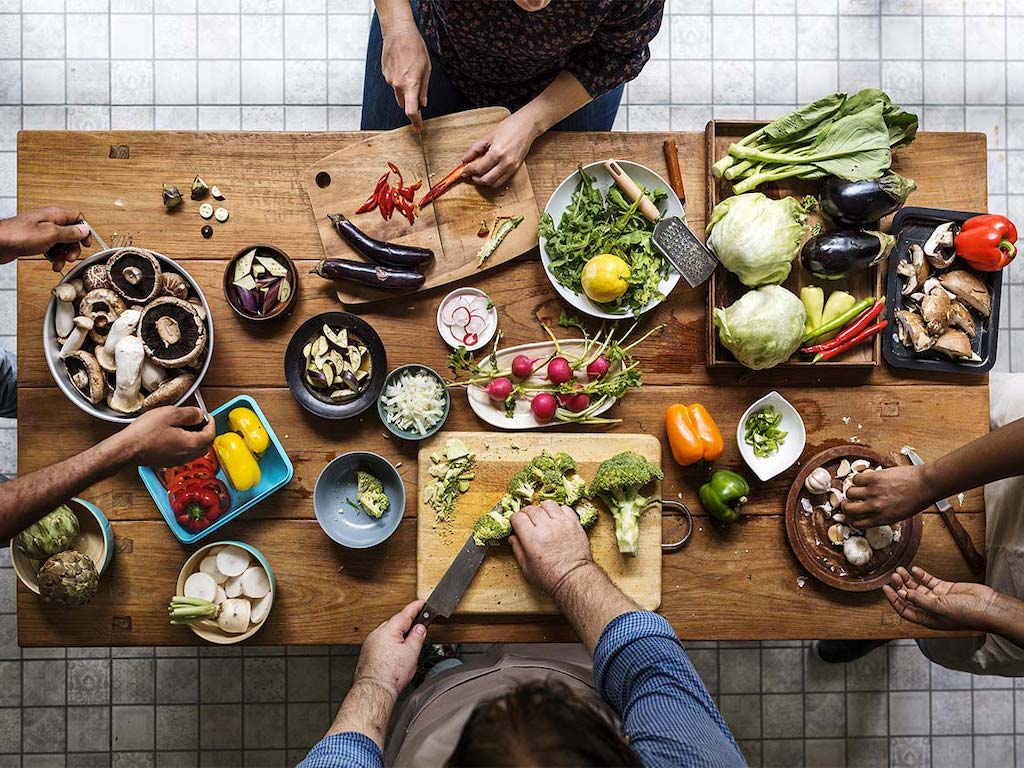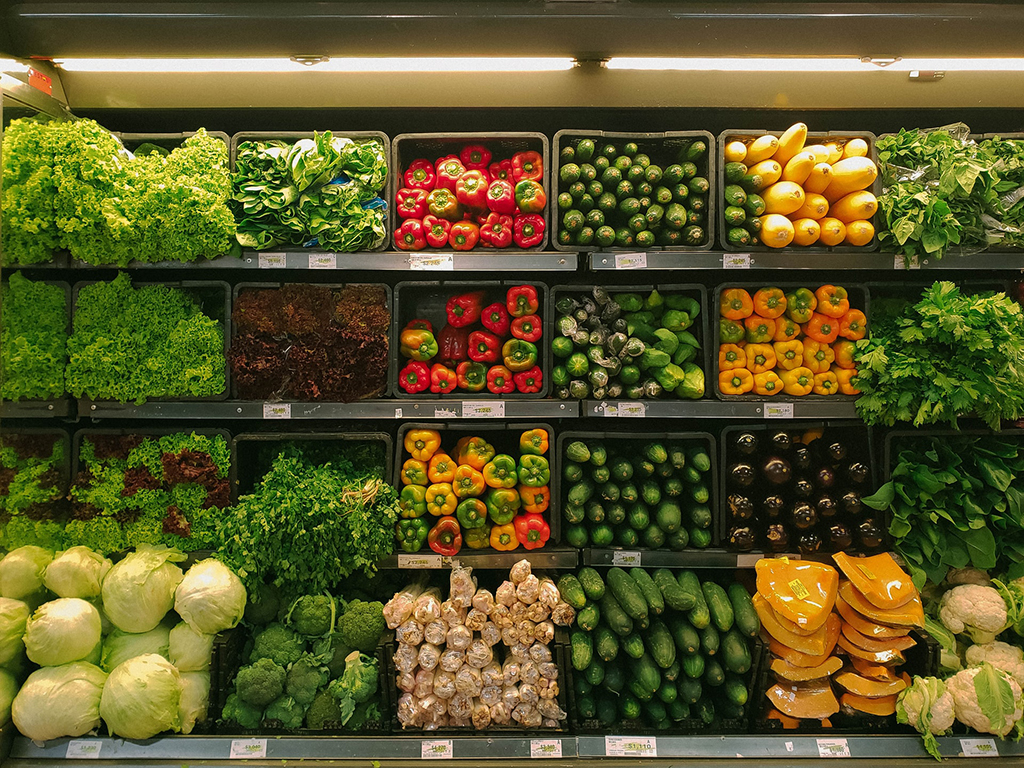3 Mins Read
Eating vegan doesn’t just save the animals and the planet, it can help you save money too. According to new data, plant-based meals cost on average 40% less than those containing meat and fish – and also reduces cooking time by a third as well. While existing studies have typically underlined the nutritional and sustainability benefits associated with plant-based eating, this research represents one of the first to highlight time and monetary savings.
Conducted by the U.K.-based plant-based movement Veganuary in collaboration with leading data insights firm Kantar, the new study shows that plant-based meals cooked at home cost on average 40% less than meat or fish-based dishes, and also takes a third less time to prepare. The research, which involved more than 11,000 participants based in the U.K. over an entire year, found that specifically that US$0.94 can be saved per person for every single meal, while preparation time was reduced on average between 32%-37%.
Read: 6 vegan pantry staples to help you survive Veganuary
This new study shows that people can protect their health, the planet, and their wallets with a plant-based diet.
Wendy Matthews, Director, Veganuary U.S.

The study also examined purchases across 30,000 British households, with the data showing that plant-based households spend around 8% less for each supermarket or grocery trip than non-vegan households. Although plant-based meat alternatives have recorded skyrocketing sales amidst the coronavirus pandemic, the data also suggests that only 3.7% of the food and drink spend of plant-based households goes towards these alternatives.
“The Covid pandemic has sparked a huge increase in people interested in trying a plant-based diet – whether for their health or the health of our planet – but it has also sadly caused economic loss for many. This new study shows that people can protect their health, the planet, and their wallets with a plant-based diet,” commented Wendy Matthews, U.S. director of Veganuary, the organisation that has attracted over 1 million participants to go vegan for the month of January since its founding.
Read: Interview with Veganuary co-founder Matthew Glover on why 2021 is the easiest year to go vegan
With these findings, the popular movement has decided to offer a “Budget Meal Plan” featuring meals that cost less than US$1.40 per serving to encourage more people to take part in this year’s campaign.

While some plant-based meat and dairy substitutes carry a premium, this study shows they are only a small part of a typical vegan diet and overall eating plants costs less – another great reason to try vegan this January.
Wendy Matthews, Director, Veganuary U.S.
“While the data is U.K.-specific, Americans can eat vegan on a budget as well with the support of Veganuary’s Budget Meal Plan. The ingredients for each meal listed come in under $1.40 per serving, the amount the average American on SNAP benefits receives per meal,” explained Matthews. “While some plant-based meat and dairy substitutes carry a premium, this study shows they are only a small part of a typical vegan diet and overall eating plants costs less – another great reason to try vegan this January.”
At the end of last year, Veganuary released data on the environmental savings that its 1 million-plus participants have contributed since the movement first began. The findings, compiled by Harvard University researcher Dr. Helen Harwatt, showed that the cohort of Veganuary pledgers have collectively helped to save more than 103,000 tonnes of carbon dioxide – equivalent to the emissions of driving around the entire planet nearly 15,000 times.
The research also showed that committing to Veganuary has resulted in saving 6.2 million litres of water, 3.4 million animal lives and avoiding 405 tonnes of eutrophication, which is the same as sparing 1,645 tonnes of sewage from polluting waterways.
Make a difference this year and take the Veganuary pledge today.
Lead image courtesy of Unsplash.




